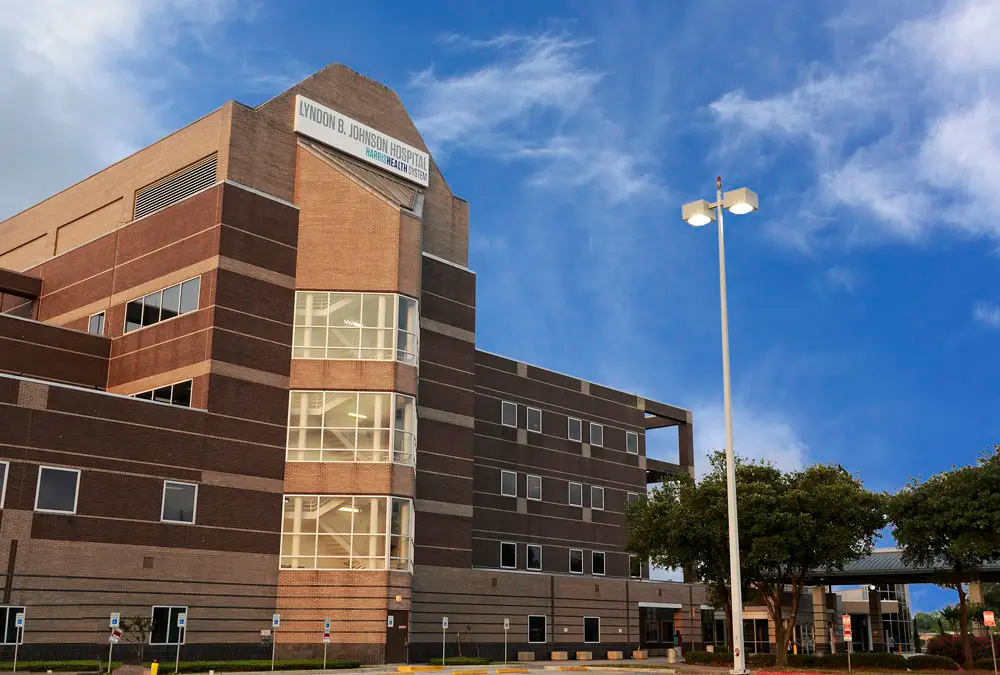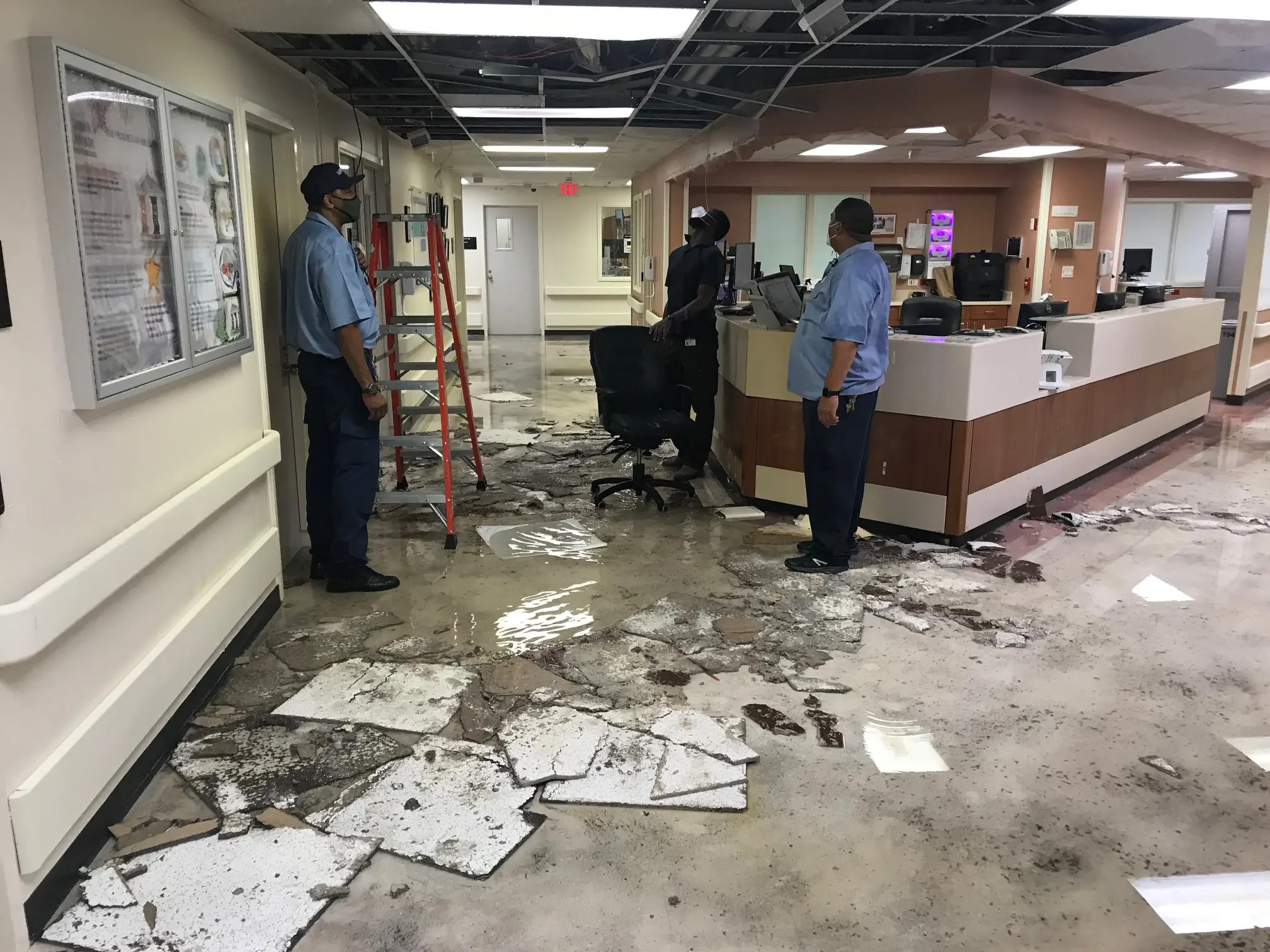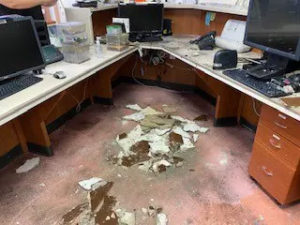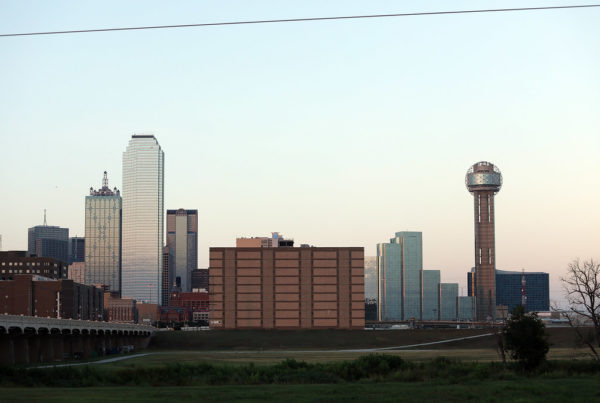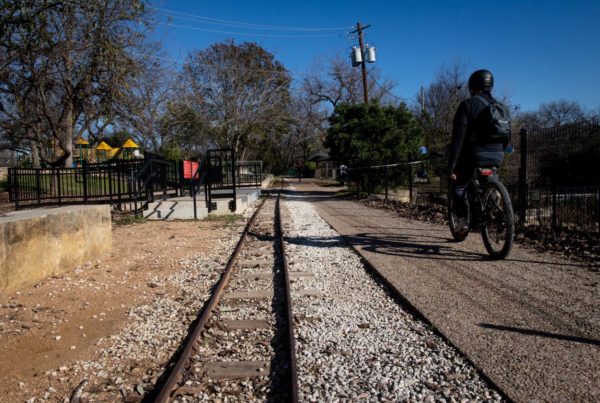I’m now working on a story about getting access to mental health care in Texas. If you have a personal experience to share, send me a message at swernst@houstonpublicmedia.org or find me on Twitter @sarawilla1.
This story is part three of a four-part series on the 2023 fiscal year for Harris County.
Harris Health will receive an infusion of one-time federal funds from the American Rescue Act, shoring up a $45 million shortfall resulting from a budget battle among top Harris County officials last year.
“(I feel) relieved, more than anything else relieved,” said Dr. Esmaeil Porsa, CEO of the safety net hospital district, which services low-income and uninsured residents in Harris County.
In September, Dr. Porsa testified at Commissioner’s Court about the impact a no-new revenue rate would have on the Harris Health system.
“We are not magicians, what that means is cutting services,” Porsa said at the meeting.


